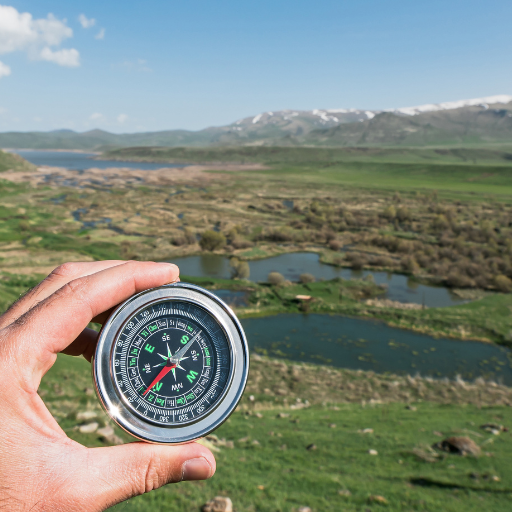by Peter Wohl
There have been numerous occasions while I was out in the woods that I felt confused or uncertain about where I was, but these were brief and quickly resolved. One time, however, many years ago, I became completely disoriented. I had no idea how to get back to the road, and my initial feelings of confusion quickly turned into panic.
In a way, I felt that same sense of disorientation when I began my life in recovery. I felt confused and completely lost. While I might have appeared okay, I was an empty shell, wandering, unable to find a path in life. Until then, almost all my associations and relationships had involved drugs and alcohol.
When I stopped using, they were suddenly gone. The loss of those (incredibly unhealthy) social relationships left a large hole in my life, but that paled in comparison to the black hole at the center of my being.
I was lost to myself. I had no idea who I was, what I wanted, or where I was going in life. Furthermore, I was completely detached from my emotions — my heart was closed. I no longer had a network of connections to give me direction and stability. I was as lost in my life as I had been on that remote mountainside in Vermont.
When our lives are genuinely full, when we have a clear sense of purpose and direction, and when we know who we are, it is usually because we have numerous meaningful connections that form a rich matrix at each of the six levels of our being. Those levels are physical, psychological/emotional, relational, communal, eco-spiritual, and spiritual.
Humans are social beings who have relied on relationships with one another, our natural surroundings, and even with the great Universe itself. These relationships have helped us survive as a species. As individuals, they help us maintain our sense of identity and give our lives meaning and fulfillment.
When we come into recovery, we also often lack a basic sense of trust and safety. We have no idea what a healthy relationship (one that isn’t indifferent, exploitive, or abusive) looks like. We can’t experience many of the emotions that give life its richness. The temptation to leave this strange and fearsome place by running back to the well-worn paths of our former life is enormous.
This is where eco-spirituality can be invaluable. First and foremost, it offers us safe and consistent connections. Once we have learned to make those connections, the natural world is always there for us, regardless of what we may have done in the past.
Connection with the natural world can help reduce anxiety and lift depression. It can lead us to the direct experience of “something greater than ourselves,” a genuine spiritual relationship that does not require allegiance to a specific faith or belief.
Eco-spiritual connections can greatly amplify our work in any treatment or recovery program, but making that deep connection is more than just going for a walk in the woods.
Developing transformative connections requires opportunities for learning and practice, and a skilled teacher can help us shed our rigid, human-centered way of relating to the world, and integrate nature into our overall recovery process. Like all recovery pathways, the eco-spiritual path requires patience, persistence, regular practice, and knowledgeable guidance. When we develop these connections, the possibilities for change and growth in our lives are limitless. It can bring us to a new richness of life and allow us to fulfill our potential as human beings.



